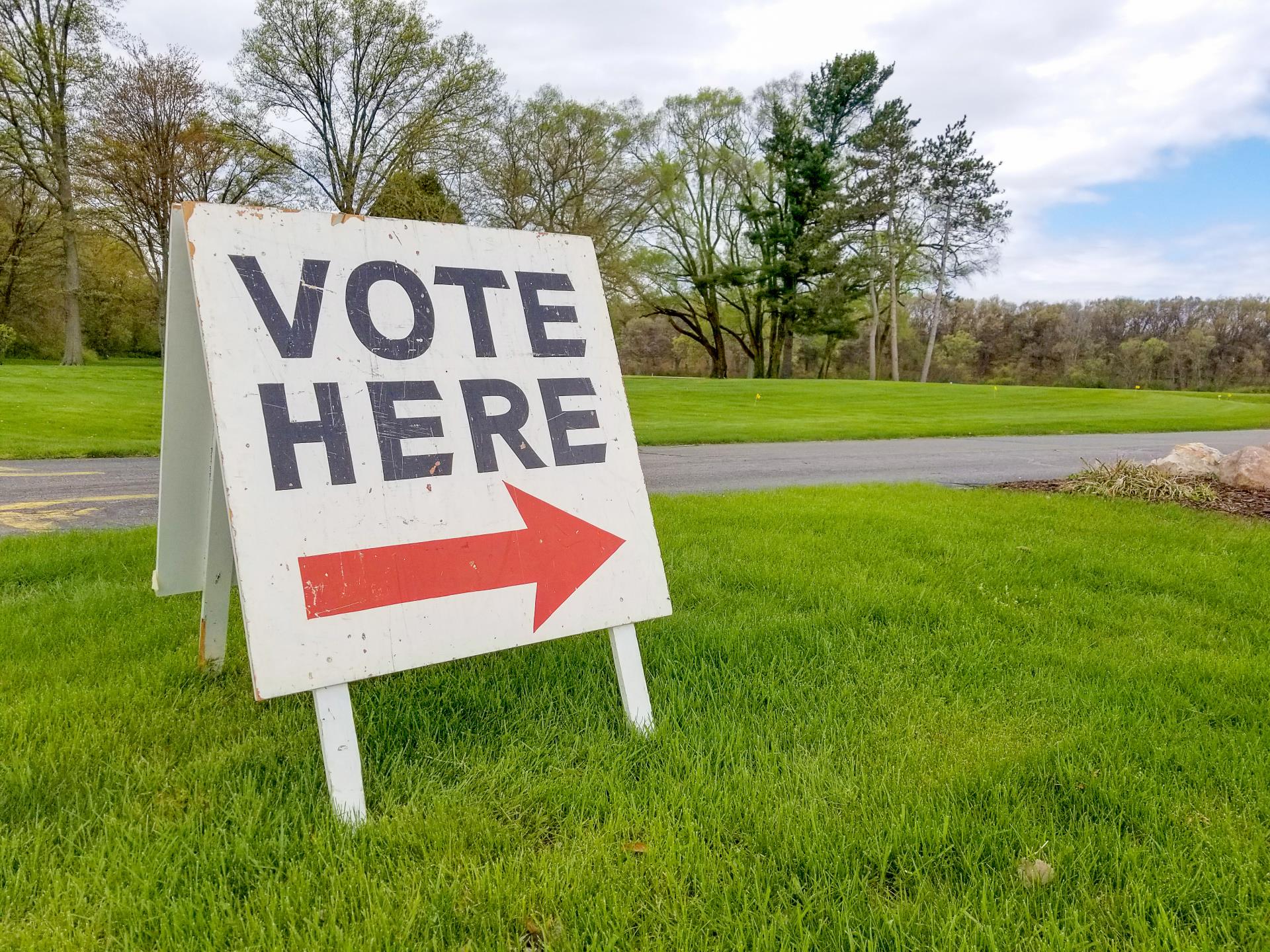As Mark Harris gears up for a courtroom fight to be seated in the U.S. House, his campaign’s legal bills are certain to add up quickly. To cover those costs, the Harris campaign has set up a legal defense fund and is accepting donations.
Legal defense funds — officially known as legal expense funds in North Carolina — are a powerful tool for political candidates who find themselves needing to contest an election or defend themselves in court.
What legal defense funds in North Carolina can do
Legal defense funds for federal elected officials and candidates date back to 1980 for the U.S. Senate and 1993 for the U.S. House. Federal rules govern these funds for House and Senate candidates.
The North Carolina General Assembly formally created virtually identical “legal expense funds” in 2007 as a category of political organization that can raise money.
Elected officials or candidates can create these entities to pay for legal actions taken against them in their official capacities — or potential legal actions that could arise.
Both federal and state law are fairly broad in what this entails. Court proceedings could be civil or criminal and filed in judicial, legislative, or administrative proceedings, hearings before the State Board of Elections or other political committees, and this includes any investigations in advance of formal proceedings.
Legal expense funds must file quarterly receipt and expenditure reports just like a candidate committee or political action committee.
Why use a legal defense fund?
Legal defense funds have less restrictive rules on donations. They are also a way to raise more money from people who have already donated to your campaign.
Under North Carolina law, only individuals and PACs are allowed to donate to candidates, and those donations are capped at $5,400 per two-year election cycle.
Under federal law, individuals and PACs are allowed to donate up to $5,400 per two-year election cycle — $2,700 each for the primary and general election.
Legal expense funds at both the state and federal level are allowed to accept corporate donations, a major advantage. Their contribution limits are also by calendar year, rather than two-year cycle — meaning donors can give more money to them.
These rules allowed then-Gov. Pat McCrory to quickly raise nearly $350,000 for a legal defense fund while he explored whether he could challenge his 10,000-vote defeat in 2016.
Contribution limits to legal defense funds in North Carolina
Individuals, PACs, corporations or labor unions can donate up to $4,000 to a North Carolina legal expense fund per calendar year, according to the State Board of Elections.
Individuals, PACs, corporations or labor unions can donate up to $5,000 to a federal legal expense fund per calendar year.
Cover image by the Durham County Board of Elections

